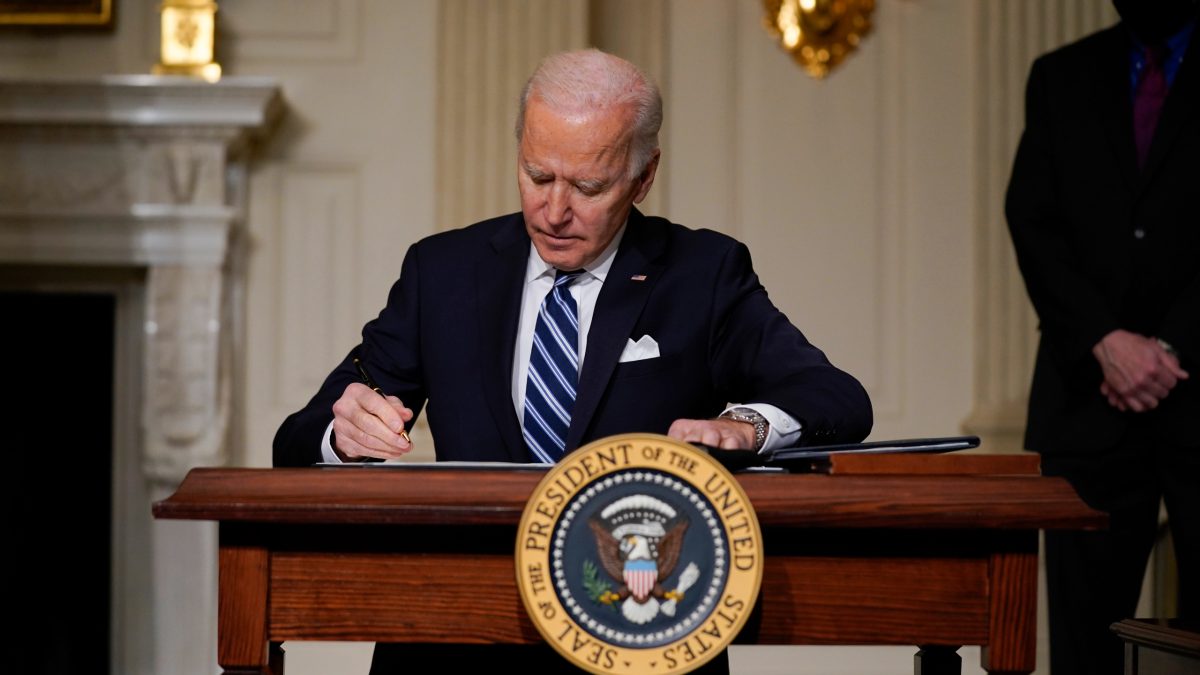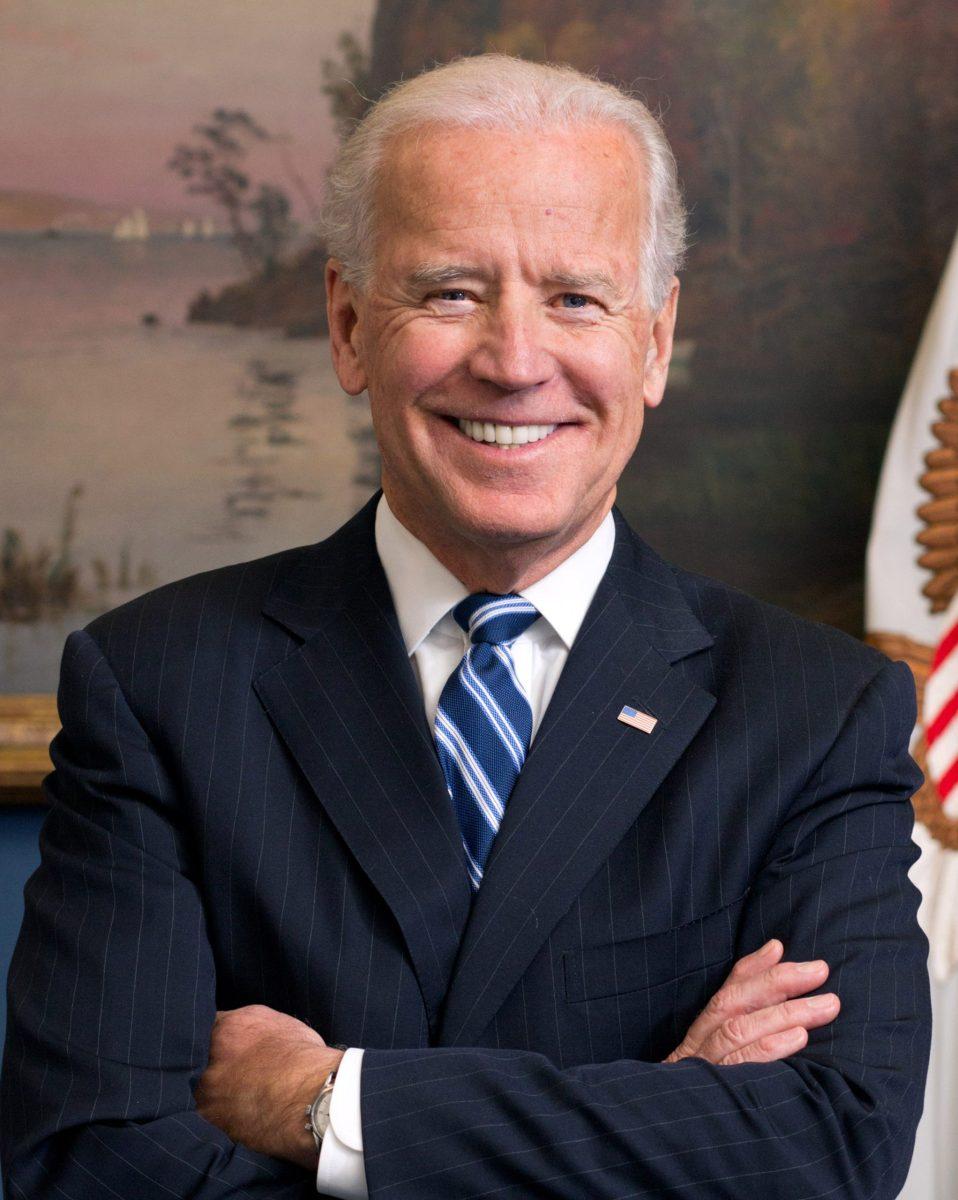
DEI is an acronym that stands for diversity, equity, and inclusion. These three words all refer to values and policies that establish and retain a diverse group of participants composed of people who have historically been excluded or discriminated against. This term is frequently referred to, from the corporate world to Hollywood and even local businesses, but the concept is not new.
On June 29, 2023, the Supreme Court ended affirmative action for college admissions after over 62 years of its existence. The concept was introduced by former President John F. Kennedy on March 6, 1961, under Executive Order 10925, ensuring that applicants were hired regardless of race, creed, color, or nationality.
Returning to the present, DEI shares similar values with the original Executive Order but covers a much broader scale. Former President Joe Biden enacted Executive Order 13985, which has the goal of “affirmatively advancing equity, civil rights, racial justice, and equal opportunity.” Following President Donald Trump’s inauguration on Jan. 20, the White House shares “that [DEI] ends today.”
Many individuals criticize the DEI policy, arguing that it takes away from merit-based considerations. They have concerns over the concept of diversifying the workforce, the media, and other areas, and many believe that it is unnecessary to factor race, gender, orientation, religious views, and disability into what an individual brings to the workplace. As the current White House Press Secretary Karoline Leavitt commented, “When you are flying on an airplane with your loved ones, which every one of us in this room has, do you pray that your plane lands safely and gets you to your destination, or do you pray that the pilot has a certain skin color?”
On the other hand, some say DEI is absolutely necessary. These individuals interpret DEI as a way to ensure that a minority applicant is not overlooked or left out of the hiring pool. American businessman Mark Cuban expressed similar views in an X post responding to Elon Musk, stating that “By extending our hiring search to include them [DEI candidates], we can find people that are more qualified. The loss of DEI-Phobic companies is my gain.”
When Chief Diversity Officer Dr. David Jones was asked how his work with diversity policies for NJIT was best for education and knowledge, he shared that, “Inclusive excellence advances learning, education and human knowledge, especially on college campuses. Inclusive excellence helps expand perspectives and understanding of others from diverse backgrounds. Inclusive excellence programs and campus initiatives that celebrate and acknowledge cultures help affirm individuals from all communities and backgrounds, and also create learning moments for the campus community, which is an impactful value for any organization.”
When requested for a comment regarding how Trump’s policies are expected to affect the university in the future, the administration stated, “At this juncture, with new or amended directives being issued frequently and often being met with legal challenges, it is not possible to state with accuracy and certainty how the actions of the federal government will affect institutions of higher education or the people we serve.”
































